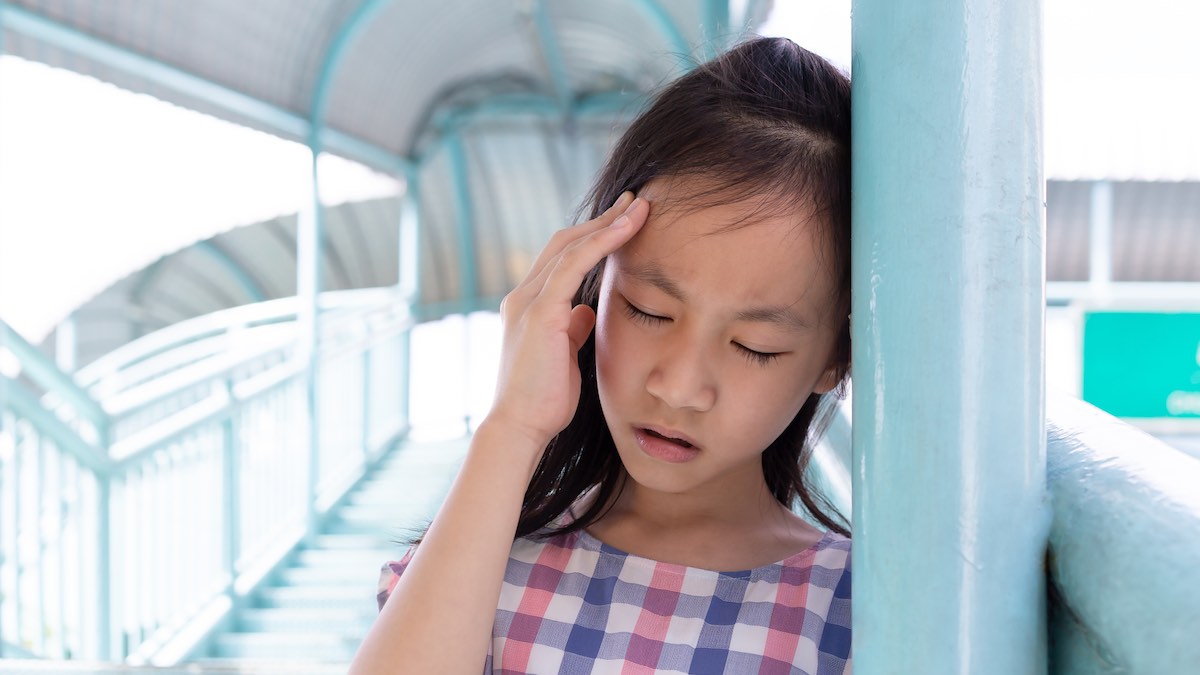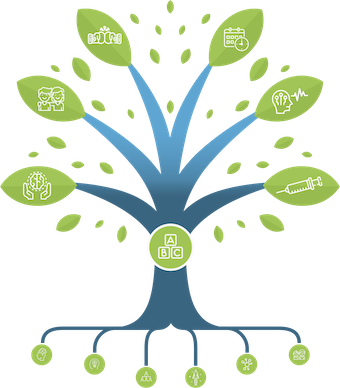Vestibular migraine in children
What is vestibular migraine?
Vestibular migraine is the second most common cause of vertigo in children occurring between 6 and 12 years of age more frequently in girls .Children with this syndrome complain of attacks of “vestibular” symptoms including false sensation of self-motion, false sensation of visual surround is spinning or flowing, positional vertigo occurring after a change in head position or head motion-induced dizziness with nausea. Family history of migraine occur in more than half of the patients.
How do you diagnose vestibular migraine?
Children with vestibular migraine have previous or current migraine. They should have at least 5 moderate to severe attacks of vestibular symptoms lasting between 5 minutes up to 72 hours. At least 50% of these attacks are associated with at least 3 migraine features: one sided, pounding headaches which worsen with physical activity, sensivity to light and sound or visual aura.
What are the available treatments for vestibular migraine?
The first line of treatment for this condition is focusing on different lifestyle strategies including sleep hygiene, adequate hydration, avoiding skipping meals, stress management, avoiding triggers as well as seeing a physiotherapist for vestibular rehabilitation therapy.
There is limited evidence on using medications to improve symptoms including medications for nausea or vomiting and triptans like Zolmitriptan. If the symptoms are bothersome and disabling, you can see your doctor to discuss a few options for preventive treatment. There is single preferred drug and there is limited evidence in using migraine preventive medications like Flunarizine, Propranolol, Topiramate and Amitriptyline.
Will my child suffer from this condition forever?
Up to 87% of children with vestibular migraine may continue to complain of vertigo, however the symptoms may disappear in some (13%). Studies has shown as well that a few patients (20%) may have mild hearing loss which may worsen over years.
REFERENCES:
- Gelfand A. Episodic syndromes of childhood associated with migraine. Current Opinion Neurology.2018;31:281-285.
- Lagman-Bartolome AM, Lay C. Pediatric Migraine Variants: A review of epidemiology, diagnosis, treatment and outcome. Current Neurology and Neuroscience.2015;12:1-14.
Post#608
Categories
THE MIGRAINE TREE
- BRANCHES
- ACUTE TREATMENTS
- DEVICES AND NEUROMULATIOIN
- PREVENTIVE TREATMENTS
- PROCEDURES AND INJECTIONS
- SELF-CARE AND LIFESTYLE
- SOCIAL LIFE
- TRUNK
- ROOTS
OTHER CATEGORIES




